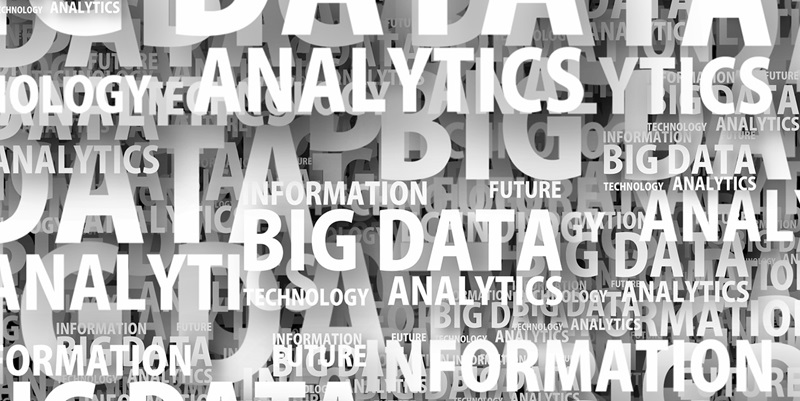In the fast-paced, technology-driven world of the 21st century, data science has emerged as one of the most sought-after and crucial fields. Organizations, both big and small, rely on data-driven insights to make informed decisions, optimize processes, enhance customer experiences, and create innovative products and services. Within this exciting realm, various roles have emerged, each with distinct responsibilities and skill sets. Let’s delve into the diverse opportunities and importance of these roles in the data science field.
Data Analyst
Data analysts play a vital role in the data science ecosystem. These professionals are skilled in collecting, cleaning, analyzing, and visualizing data to answer specific business questions or solve problems. By extracting meaningful insights from vast datasets, data analysts equip organizations with the knowledge necessary to make informed decisions. Their expertise helps uncover patterns, trends, and correlations, contributing to a clearer understanding of customer preferences, market trends, and operational efficiency.
Data Engineer
While data analysts focus on analysis, data engineers are responsible for designing, building, and maintaining the infrastructure and pipelines that enable efficient data collection, storage, processing, and analysis. These professionals have in-depth knowledge of database management systems, data warehousing, and data integration tools. Data engineers ensure data integrity, security, and accessibility, enabling seamless data flow and effective collaboration between different teams within an organization.
Data Scientist
Data scientists are at the forefront of extracting insights from complex and unstructured data. Armed with advanced analytical methods such as machine learning, deep learning, natural language processing, and computer vision, they develop models and algorithms to solve complex problems. Data scientists possess a deep understanding of statistical concepts, programming languages, and domain-specific knowledge. Their valuable contributions aid in predicting trends, making recommendations, and optimizing business processes.
Machine Learning Engineer
Machine learning engineers focus on developing, testing, and deploying machine learning models and systems that can learn from data and perform tasks autonomously or with minimal human intervention. These professionals possess expertise in programming languages like Python or R, and frameworks such as TensorFlow or PyTorch. Machine learning engineers refine and optimize algorithms, ensuring the reliability and efficiency of machine learning models. Their work has far-reaching implications, from improving recommendation systems to enabling autonomous vehicles.
Business Intelligence Analyst
Business intelligence analysts utilize data to measure and improve the performance and efficiency of a business. They develop data-driven strategies and dashboards that provide business leaders with the necessary insights to make informed decisions. By analyzing key performance indicators, market trends, and customer behavior, business intelligence analysts identify opportunities for growth, enhance operational efficiency, and develop strategies to gain a competitive edge.
Data Science Manager
Leading and managing a team of data professionals is the role of a data science manager. These individuals possess strong leadership skills, technical expertise, and business acumen. Data science managers work closely with their teams to set goals, allocate resources, and ensure projects are completed successfully. They bridge the gap between data scientists, data analysts, and senior management, ensuring that data initiatives align with business objectives and drive tangible outcomes.
Data Science Consultant
Data science consultants offer their expertise and guidance to clients across various industries and domains. These professionals possess a deep understanding of data analysis techniques, business strategies, and industry trends. Data science consultants collaborate with organizations to develop data-driven solutions tailored to their specific needs. Their contributions aid in solving complex challenges, improving operational efficiency, enhancing customer experiences, and driving business growth.
Data Science Educator
As the field of data science continues to evolve, data science educators play a crucial role in educating and training aspiring professionals. These individuals possess industry experience, technical expertise, and the ability to impart knowledge effectively. Data science educators provide comprehensive training programs, workshops, and courses to equip individuals with the skills required to excel in the data science field. Their efforts foster a new generation of data scientists, ensuring a steady supply of talent in this rapidly growing field.
The world of data science offers a myriad of roles and opportunities, each playing a vital part in enabling data-driven decision-making and innovation. From data analysts who mold raw data into actionable insights to data engineers who build robust infrastructure, and from data scientists who extract patterns from complex data to machine learning engineers who create autonomous systems, each role contributes to the success of organizations across sectors. Whether as consultants guiding organizations or as educators shaping future talent, these professionals are vital in leveraging the power of data to overcome challenges and drive meaningful outcomes. Embracing the diversity and importance of roles within the data science field sets the stage for continued innovation and progress in the digital age.

